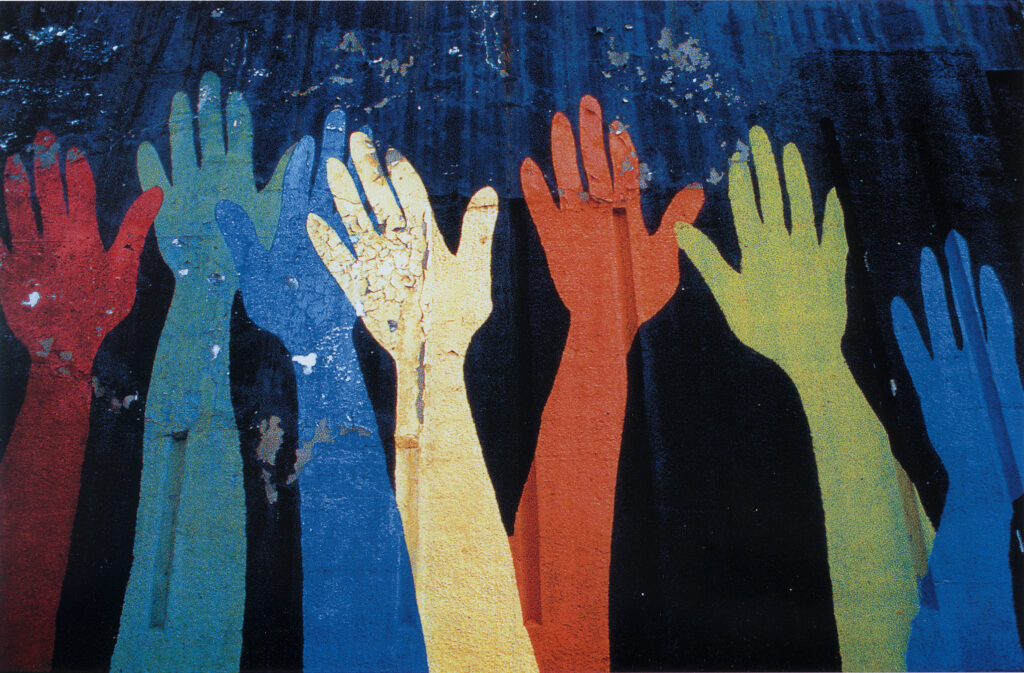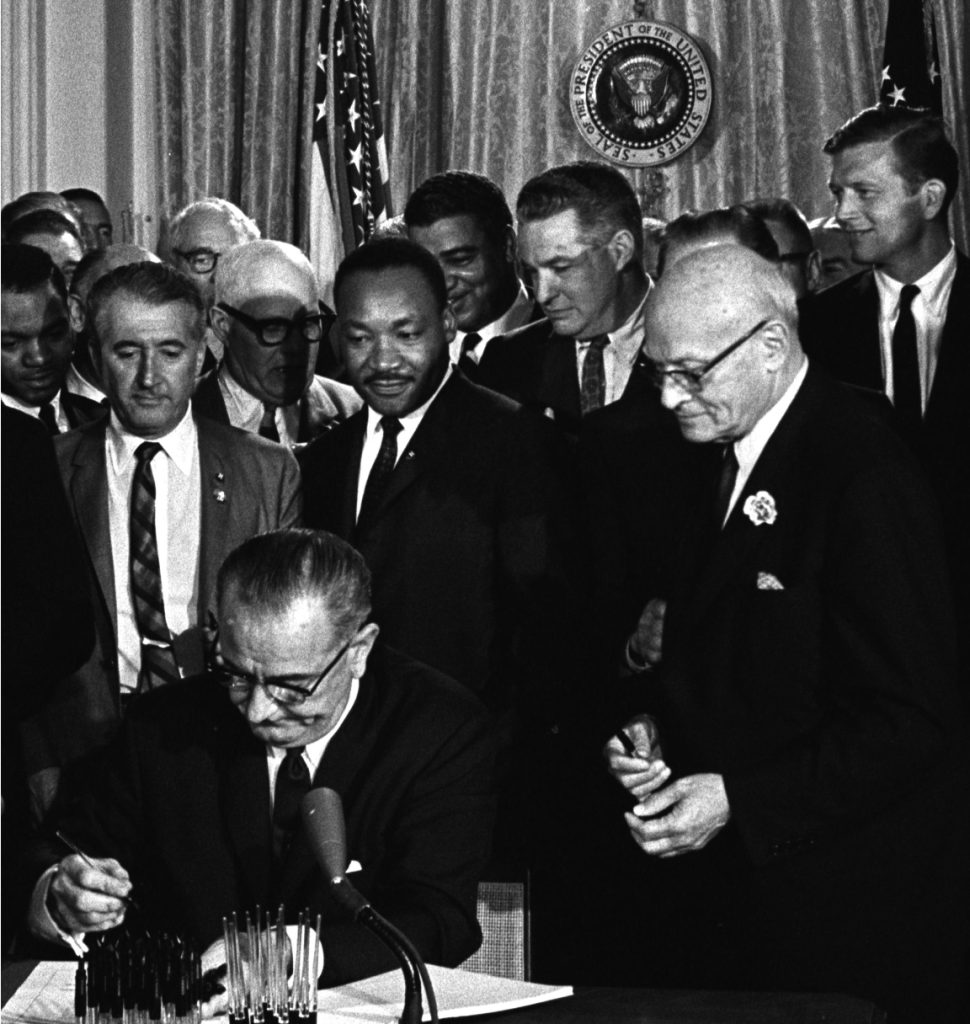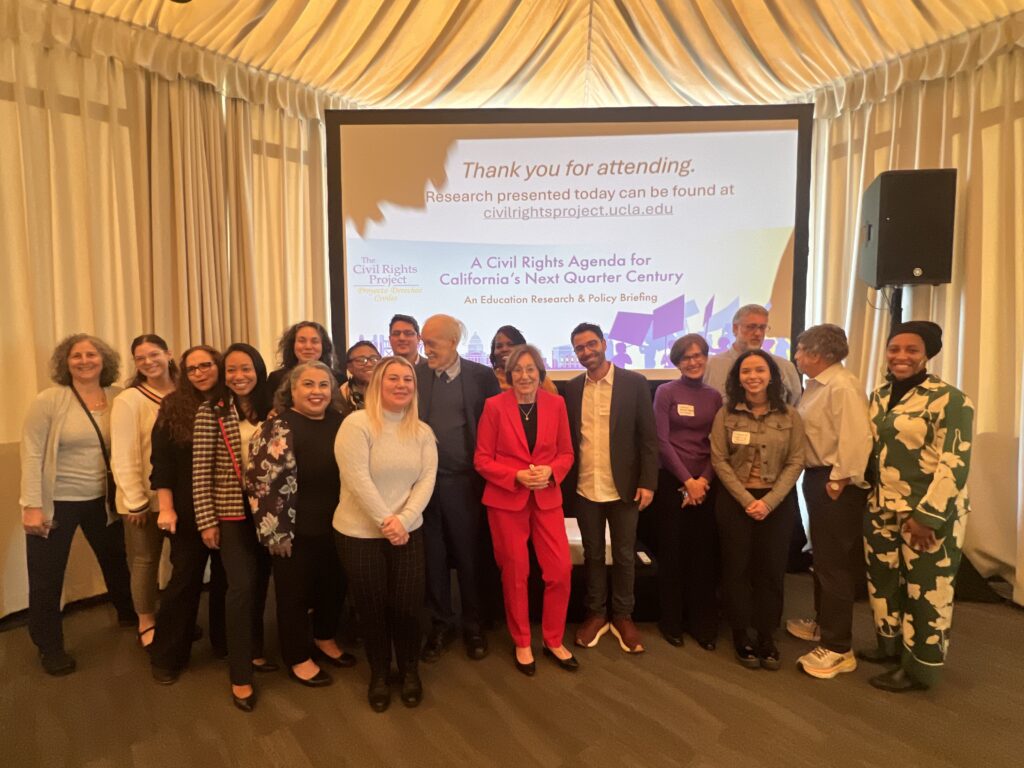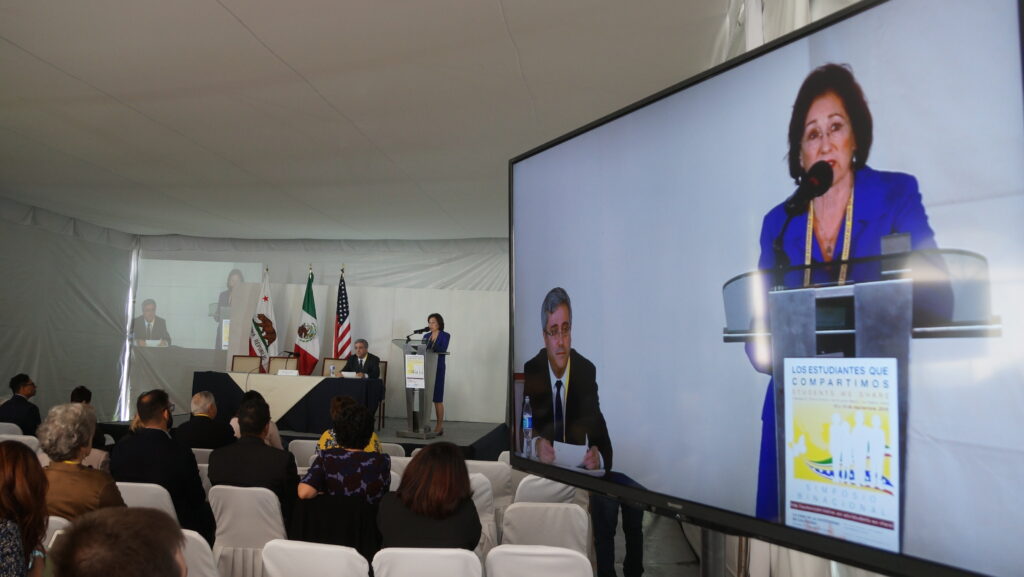The mission of the Civil Rights Project/Proyecto Derechos Civiles is to help renew the civil rights movement by bridging the worlds of ideas and action, to be a trusted source of intellectual capital within that movement, and to deepen the understanding of the challenges that must be addressed to achieve racial and ethnic equity as society moves through the great transformation of the 21st century.
We believe that either the country will learn to deal effectively with the richness of its astonishing diversity or it will lose pace in a globalizing world and decline and divide. Focused research and the best ideas of scholars and leaders from all parts of the country can make a decisive contribution to a renewal of the promise of the civil rights movement.

Those who know better must educate, persuade and lead others. Great universities share this duty. Recognizing these challenges, and understanding that contemporary civil rights problems defy easy answers, the Civil Rights Project (CRP) was founded at Harvard University in 1996 to provide needed intellectual capital to academics, policy makers and civil rights advocates. The model was: a multidisciplinary research-and-policy think tank and consensus-building clearinghouse; based at a leading university; operating with the highest intellectual standards; attentive to dissemination for multiple audiences; and committed to building a network of collaborating legal and social science scholars across the nation.
Thirty years later, CRP is a leading organization devoted to civil rights research. It has found eager collaborators among the nation’s finest scholars, and wide-open doors among advocacy organizations, policymakers and journalists. Focusing initially on education reform, CRP has convened dozens of national conferences and roundtables; commissioned over 400 research and policy studies; produced major reports on college access, federal education law, graduation rates, resegregation, school discipline, special education, student diversity, and published more than twenty-five books, with other work in the pipeline.

CRP research has been incorporated into federal legislation, cited in litigation, and used to spur Congressional hearings. In any given month, CRP work is quoted in major national media.
Its work was cited in various court rulings, notably the 2003 Supreme Court Grutter v. Bollinger decision upholding affirmative action, in Justice Breyer’s dissent (joined by three other Justices) to its 2007 Parents Involved decision, and in Justice Sotomayor’s June 2023 dissent to the SFFA v. Harvard College decision banning affirmative action.

CRP’s increasing national prominence and rapid growth confirm that the initial vision was correct, and provide the backdrop for an ambitious financial, programmatic and strategic agenda. Founding Co-director Christopher Edley, Jr. (of blessed memory) left the Project in 2004 to become law school dean at the University of California, Berkeley.
In 2007 CRP moved to UCLA and became the Civil Rights Project/Proyecto Derechos Civiles, with Gary Orfield, founding co-director, and Patricia Gándara, incoming co-director, leading this second iteration. The project continues to work on the major issues of its first decade while adding initiatives related to immigration and language policy, the Southern California megaplex (called LASANTI) and binational research partnerships with Mexican universities and faculty. It also reaches out to non-English media outlets, disseminating its work to a broader and critically important constituency.
